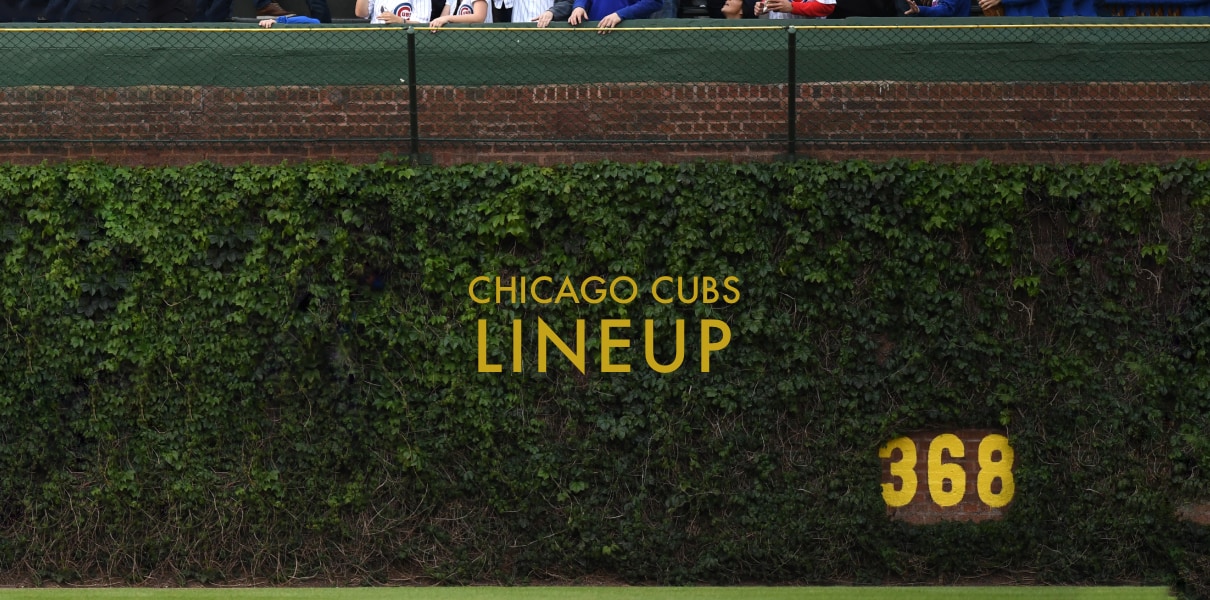Today the Associated Press reports that six MLB teams are going to be over the $230 million luxury tax this season, which comes with a number of implications.
The teams that project to be over the tax, together with their payroll for luxury tax purposes: New York Mets ($299 million), Los Angeles Dodgers ($290 million), New York Yankees ($267 million), Philadelphia Phillies ($243 million), Boston Red Sox ($235.5 million), and San Diego Padres ($233 million).
A reminder of the new luxury tax tiers in the CBA:
First Tier: $230-250M (teams pay a 20% tax on the overage; but for a second consecutive season, it increases to 30%)
Second Tier: $250-270M (teams pay 32% tax on the overage in this tier; second year is 42%)
Third Tier: $270-290M (62.5%; 75%)
Fourth Tier: $290M+ (80%; 90%)
Because of the various surcharges, the range of actual taxes expected to be paid are as low as $800,000 for the Padres, and as high as $30 million for the Mets.
This news matters for a handful of reasons:
A quick confirmation that teams are comfortable going over the luxury tax in the new CBA era. (If you were curious about the Cubs, they currently have only about $105 million on the books for 2023. So, yeah, they could add an incredible amount of salary this offseason and still come up way short of the start of the first tier of the luxury tax. Just sayin’.)
A not-entirely-a-coincidence note that all of the luxury tax payors, except the Red Sox, are set to make the playoffs. Even the Red Sox are only a touch below .500.
Because the Mets and Dodgers are above the upper limit of the second tier of the tax, they will also have their first pick in the 2023 draft pushed back by 10 spots.
An idea of the teams that are already potentially pushing their max payroll levels and/or may consider trying to reset under the luxury tax next year (eyeball them for contracts they might want to dump … ).
An idea of the teams that might not have a ton of payroll space available for major free agent signings.
And the big one: an idea of the teams for which signing a qualified free agent would be extra painful. Remember, teams that are over the luxury tax would have to forfeit their second AND fifth-highest picks in next year’s draft, as well as $1 million of their international free agency bonus pool. Compare that to what a team like the Cubs would lose – second highest pick and $500,000 in IFA space – and you could potentially see a bargaining advantage against these teams on qualified free agents.

































